Google AdSense is a widely used platform that enables website owners to monetize their content through ads. However, this opportunity comes with strict policies designed to maintain high-quality advertising standards and protect both advertisers and publishers. Violating these policies can result in penalties, suspension, or even permanent banning of your AdSense account.
In 2025, understanding and strictly adhering to Google AdSense policies is paramount for account safety and long-term monetization success. This comprehensive guide highlights the most common policy violations and shares practical tips to avoid them, safeguarding your account and revenue stream.
Why AdSense Policies Matter
Google enforces policies to create a balanced ecosystem where advertisers get value, publishers earn honestly, and users have a positive experience. Compliance ensures fair play and prevents abuses like click fraud, misleading content, and inappropriate advertisements.
Violations can lead to:
-
Temporary account suspension while under review.
-
Permanent disabling of your AdSense account.
-
Loss of accrued earnings.
-
Damage to your online reputation.
Top Common AdSense Policy Violations
1. Invalid Click Activity
Clicking your own ads or encouraging others to do so violates Google’s policies. Artificially inflating ad clicks leads to inaccurate advertiser billing and is strictly prohibited.
-
Avoid automated tools or services that generate clicks.
-
Monitor traffic sources to identify suspicious activity.
2. Placing Ads on Prohibited Content
Ads should not appear on pages containing:
-
Adult or sexually explicit material.
-
Violent or hateful content.
-
Content promoting drugs, firearms, or illegal activities.
-
Copyrighted material without permission.
3. Encouraging Clicks
Using phrases like “Click ads to support us” or creating misleading elements to trick users into clicking ads violates policies designed to preserve ad integrity.
-
Maintain ethical content and transparency with users.
4. Excessive or Intrusive Ads
Overloading pages with ads, especially above the fold or in ways that interrupt content consumption, degrades user experience and violates guidelines.
-
Balance content and ads thoughtfully.
-
Avoid pop-ups or ads that cover content excessively.
5. Thin or Duplicate Content
Sites with little or copied content provide low value and often get flagged.
-
Ensure your content is original, substantial, and useful.
6. Misleading or Malicious Behavior
Any attempts to manipulate traffic, serve malware, or redirect users deceptively is forbidden.
7. Improper Ad Placement
Ads placed too close to clickable elements or navigational controls cause accidental clicks and violate ad placement policies.
8. Non-Compliance with Privacy Regulations
Failure to provide information about cookies, user data collection, and opt-out options can lead to policy violation, especially under GDPR and CCPA.
Tips to Avoid Common Policy Violations
-
Regularly review the Google AdSense Program Policies to stay updated.
-
Use Google Analytics and AdSense reports to monitor traffic patterns and ad click behavior.
-
Design your website with user experience as priority, avoiding excessive or intrusive ads.
-
Maintain high-quality, original content that serves your visitors genuinely.
-
Be transparent about your monetization methods and privacy practices.
-
Use automated tools cautiously and only those officially recognized by Google.
What to Do If Your Account Is Suspended
-
Review the suspension email carefully; it will often specify the violation.
-
Correct issues promptly and gather evidence of fixes.
-
Submit a detailed appeal through the AdSense support channels.
-
Avoid reapplying without addressing the root cause as it reduces chances of reinstatement.
Read More: Scaling Your Google AdSense Earnings: Strategies for Long-Term Monetization Success in 2025
Conclusion
Adhering to Google AdSense policies is crucial for protecting your account and maximizing revenue potential over the long term. Awareness of common violations such as invalid clicks, prohibited content, and poor ad placement helps you create a compliant, user-friendly website that supports sustained monetization.
By proactively monitoring your site and staying educated on policy updates, you safeguard your investment in Google AdSense and build a trustworthy, profitable online presence in 2025.
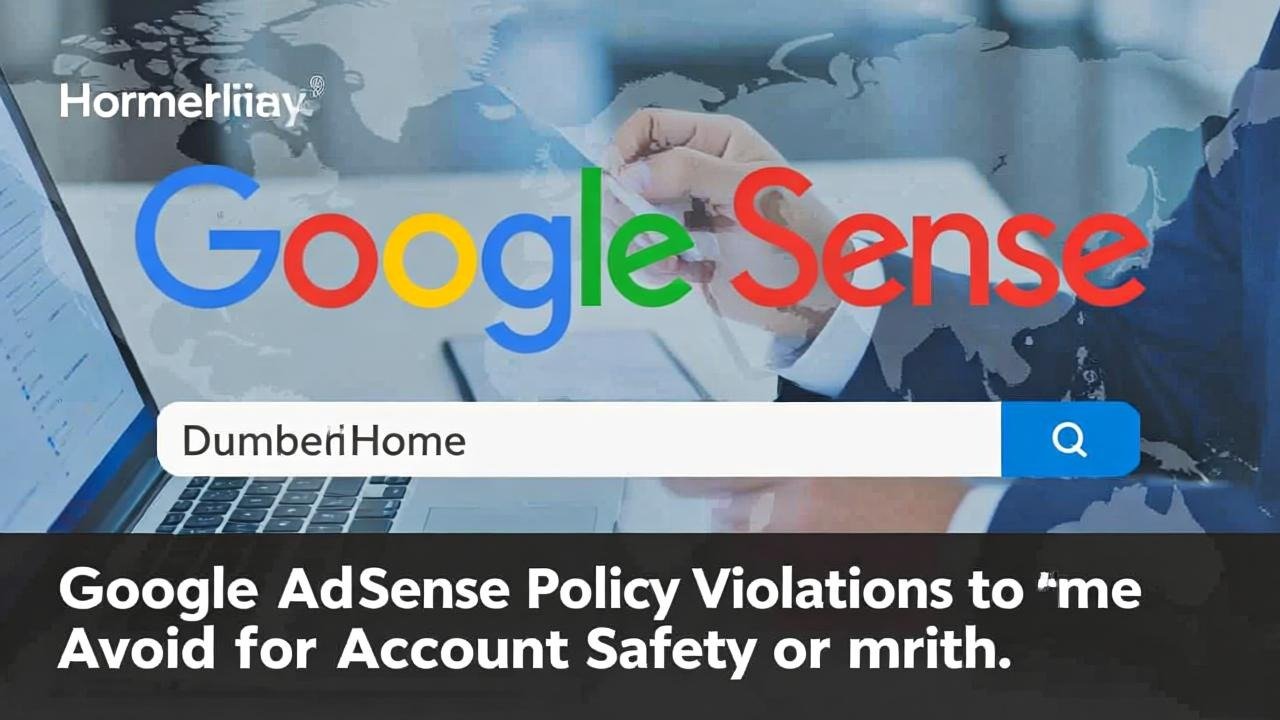
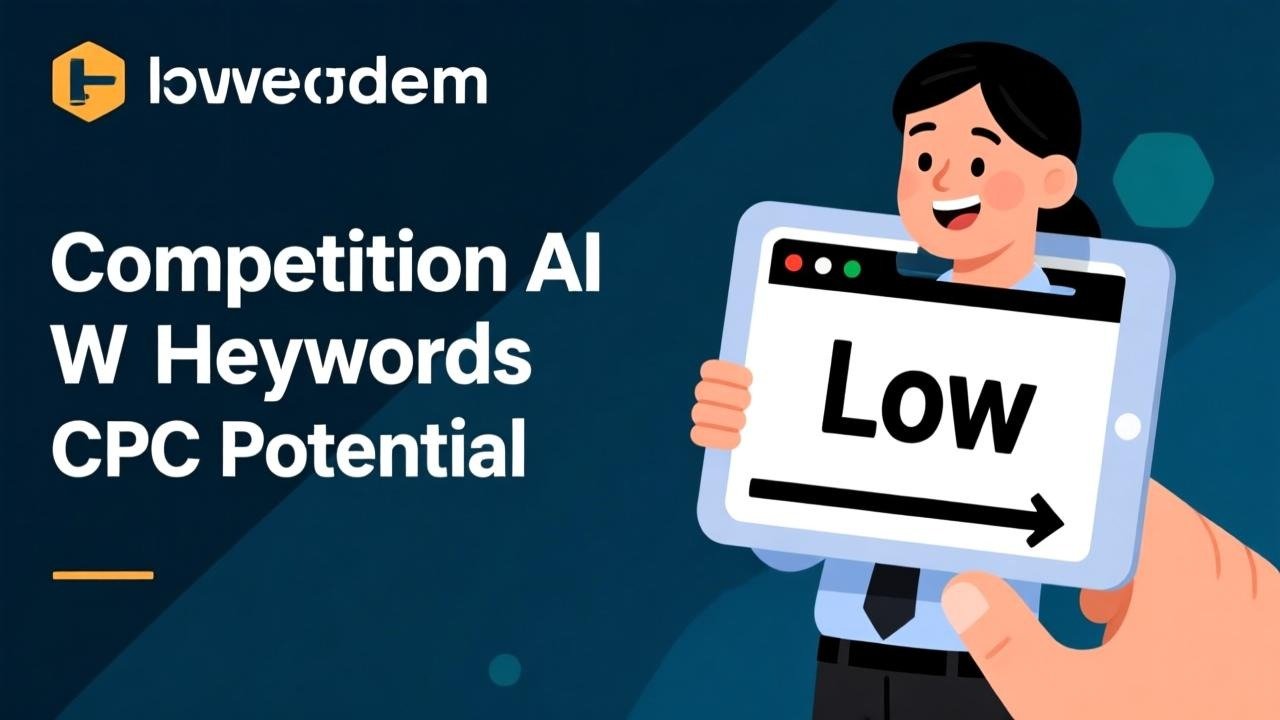
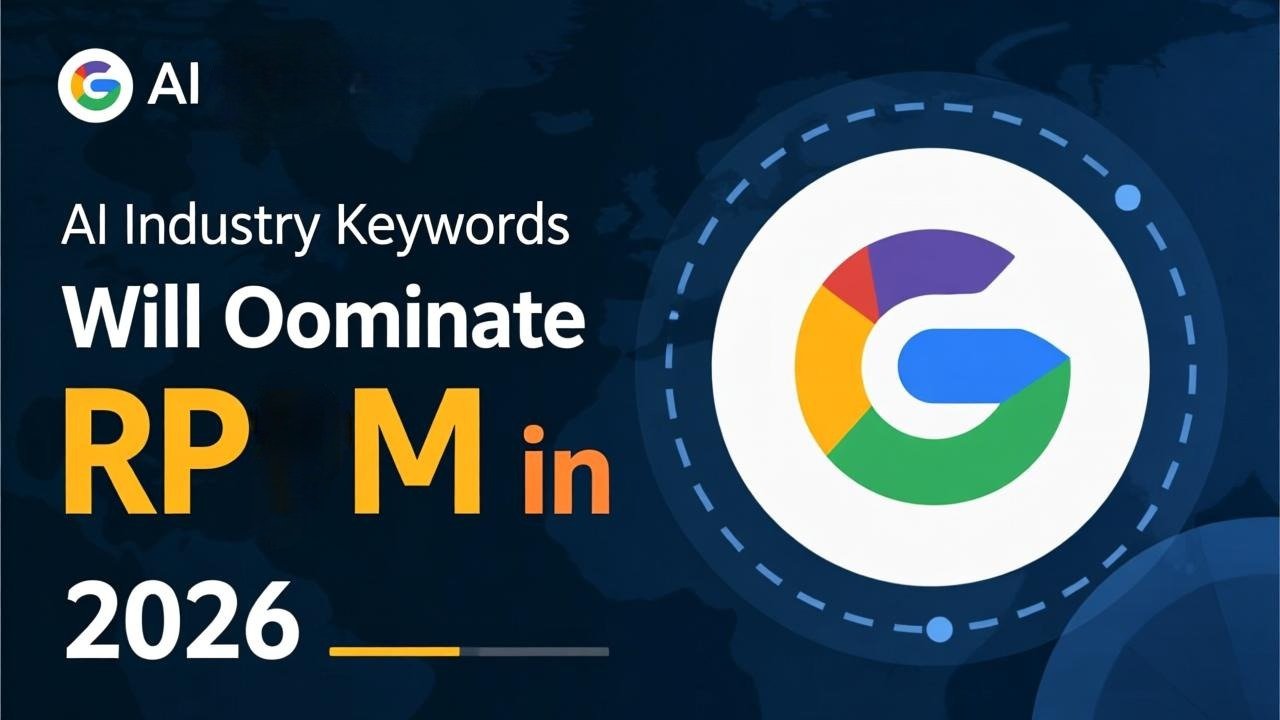

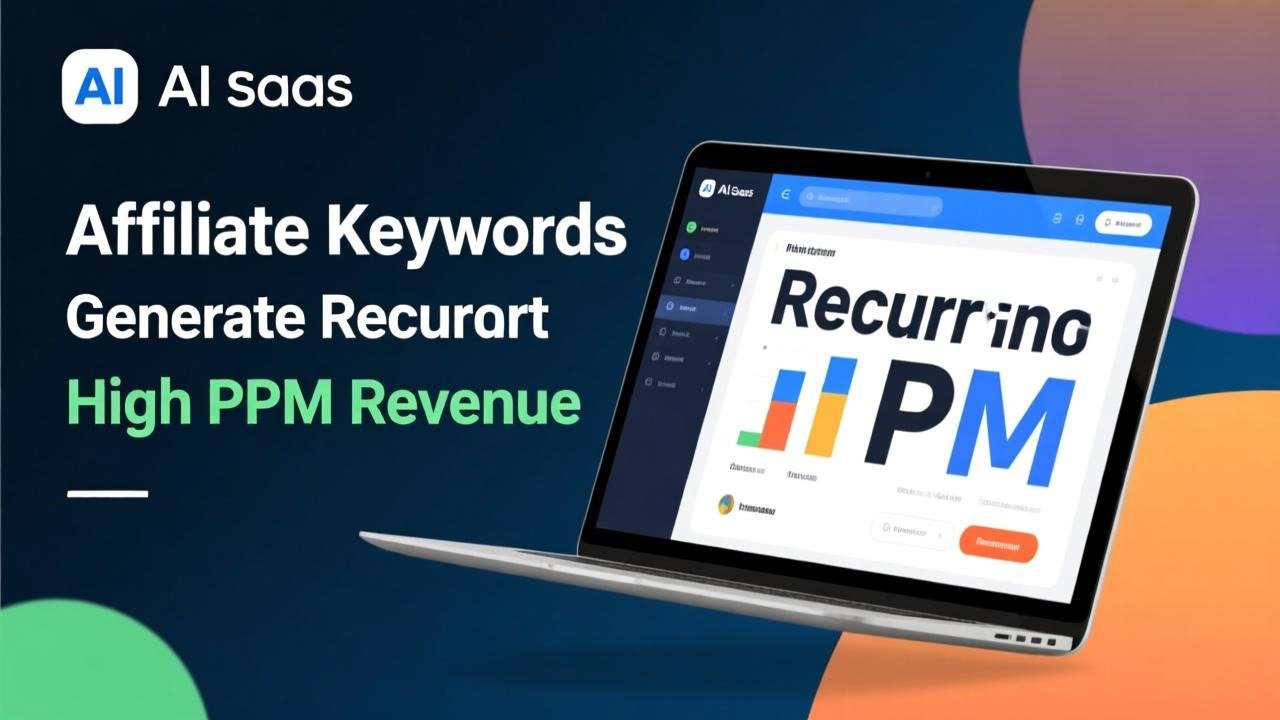


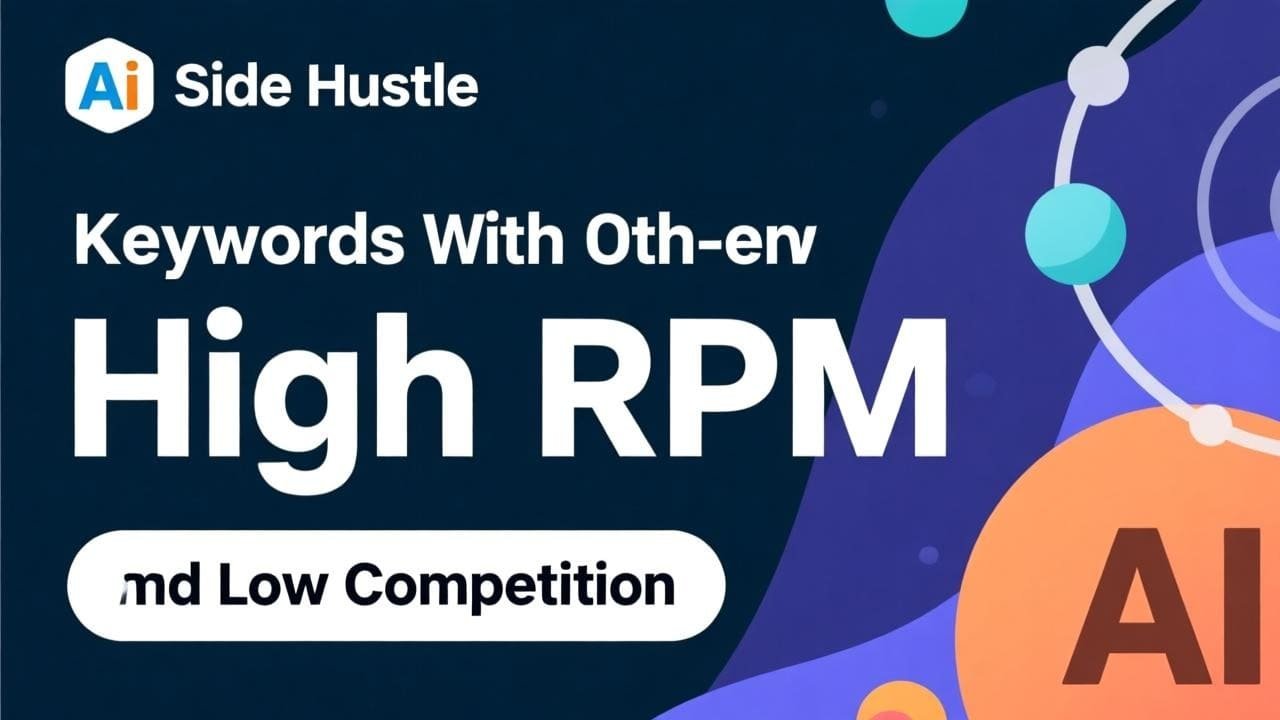



1 thought on “Common Google AdSense Policy Violations to Avoid for Account Safety in 2025”